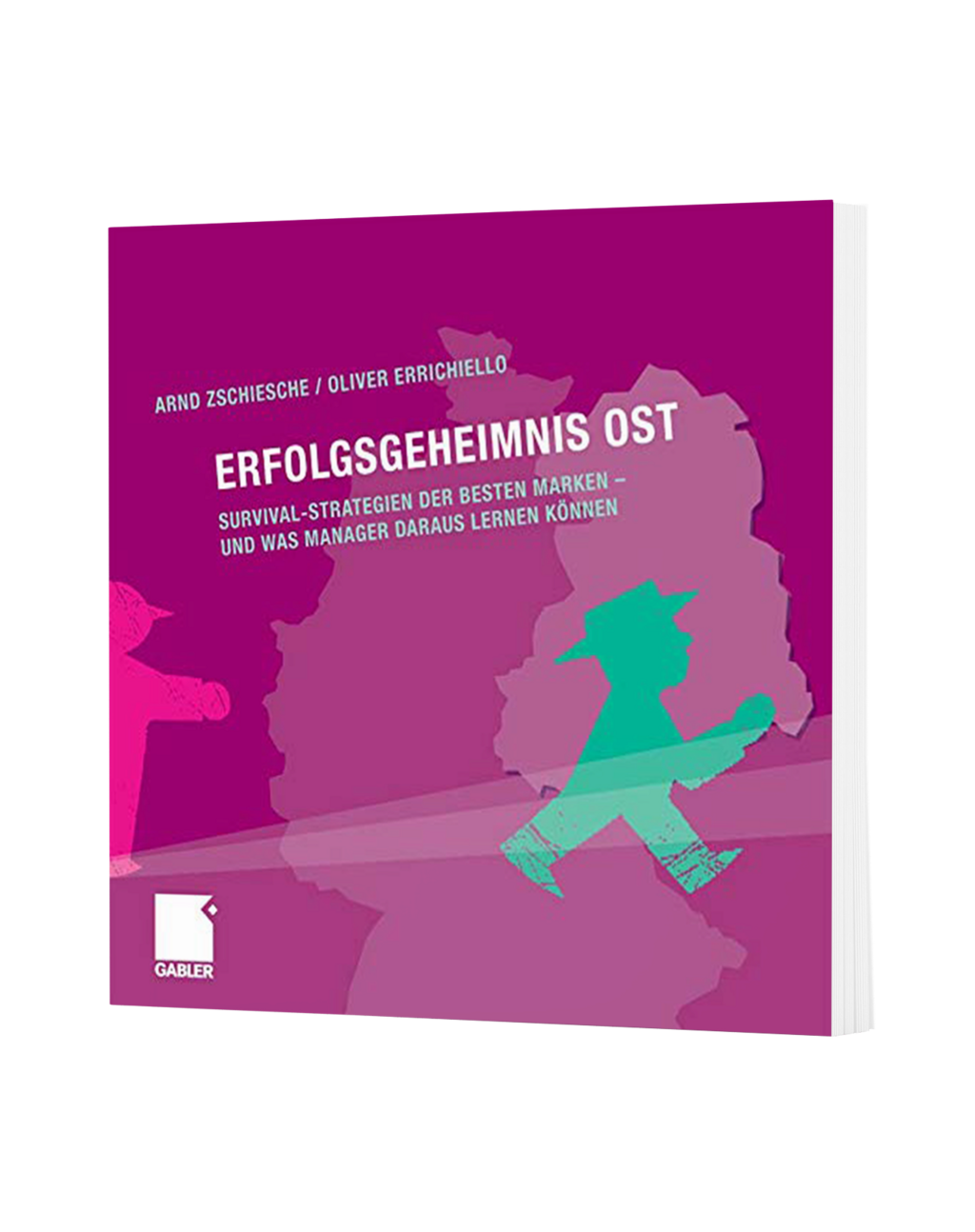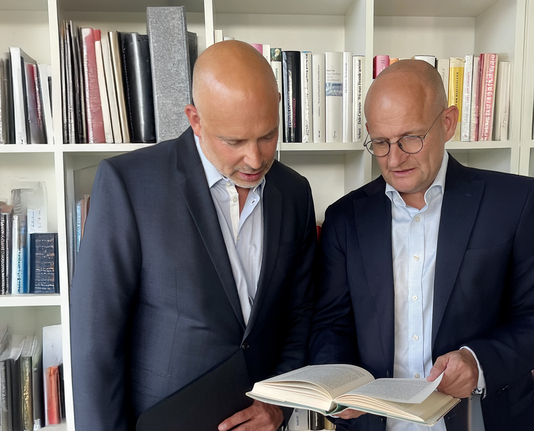The essay “As a Brand in the Market - The Product Brand as a Public Symbol” by Prof. Dr. Alexander Deichsel is considered the first sociological examination of brands. Based on a lecture he gave at the 1984 Swiss Sociology Conference in Zurich, this article anticipates numerous determinants of a brand-sociological perspective on the market that were later developed in depth.
Deichsel develops his ideas using the theory of one of the most important co-founders of German sociology, Ferdinand Tönnies (1855–1936). Tönnies’ main work, “Community and Society”(1887), explores different social bonding and attraction forces that affect people and their social origins.
Alexander Deichsel, Professor of Sociology at the University of Hamburg from 1977 to 2000, recognized the potential of this sociological classic. Using Tönnies’ ideal-typical differentiation of alliance forms—community and society, as well as morality and ethics as matters of public opinion—he developed the first sociological theory of brands. Deichsel applied this sociological foundation to explain and operationalize the effective forces of brands and brand systems. Consequently, he is regarded as the founder of Brandsociology.
Brandsociology’s Development and Application
In the following years, Alexander Deichsel established a focus on brand research at the University of Hamburg, mentoring numerous graduates and doctoral candidates. The 1990s were characterized by a comprehensive examination of branding through lectures, publications, and debates, resulting in numerous monographs.
Dr. Thomas Otte, a student of Deichsel, devoted himself to principles such as brand evolutionary self-similarity, making them applicable for brand management. In 1994, the Institute for Brand Technology (Institut für Markensoziologie) was founded in Geneva by manager Manfred Schmidt. Soon after, Alexander Deichsel and Dr. Klaus Brandmeyer joined the board. This was Europe’s first private consultancy institute focused exclusively on brand management grounded in scientific principles.
In the period that followed, operational tools and concepts based on Brandsociology were developed, including the authoritative social science-based brand management tool, The Genetic Code of the Brand, which was first officially presented at the “International Brand Technology Forum” in 1998. In subsequent years, the Genetic Code was applied to numerous European brands, demonstrating its practical applicability.
The Markentechnikum conference, held from 1997 to 2010 in Geneva, became the leading event for brand management. It brought together renowned international scientists and business leaders.
In 2004, Alexander Deichsel published his seminal work, Brandsociology. Since then, more than 50 books and over 200 essays on the subject have been published.
The Next Generation of Brand Sociologists
In the early 2000s, the second generation of brand sociologists— including former Deichsel students such as Andreas Pogoda, Peter Pirck, and Henning Meyer—founded the first brand consultancies rooted in Brandsociology and technology. Brandmeyer Markenberatung, named after the ‘advertising pope’ and brand technician, gained, among other things, a reputation for city and regional brand management.
In 2006, the Office for Brand Development was established in Hamburg under the leadership of Prof. Dr. Arnd Zschiesche and Prof. Dr. Oliver Errichiello, with Alexander Deichsel as “Scientific Associate.” Over the following years, the office became a recognized authority in operative brand management with over 300 consulting mandates.
In 2017, Oliver Errichiello and Arnd Zschiesche revised Brandsociology, publishing the updated work, Fundamentals of Brandsociology.
With the founding of the Institute for Brandsociology (Institut für Markensoziologie) in 2024, Europe’s only brand theory framework continues to be preserved and developed.
















